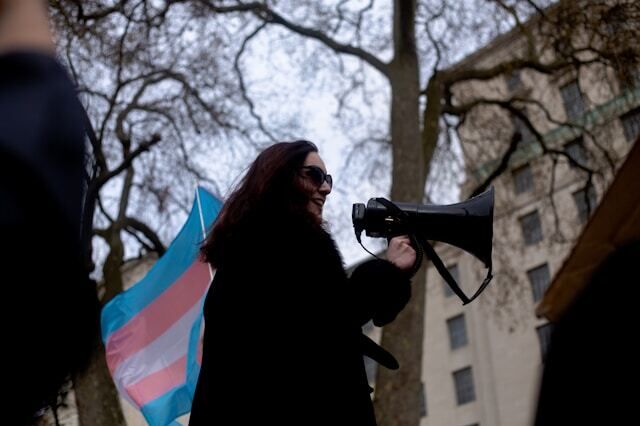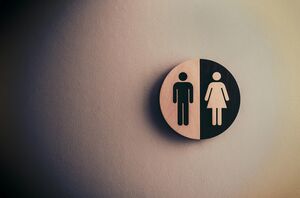Transgender
Supreme Court's gender ruling: legal challenges and public backlash

As the dust settles after the UK Supreme Court’s recent ruling on women-only spaces, the decision has sparked widespread response from politicians, institutions, and campaigners on both sides of the debate.
The landmark judgment clarified that the protected characteristic of 'sex' under the Equality Act 2010 refers to biological sex, not gender identity. This means women-only spaces may lawfully exclude biological males — including transgender women — where it is a proportionate means of achieving a legitimate aim.
The ruling has drawn strong opposition, and a legal challenge now appears imminent. Dr Victoria McCloud, the UK’s only openly transgender judge, has announced plans to appeal to the European Court of Human Rights (ECHR), arguing that the decision breaches human rights law. Meanwhile, the nonprofit Good Law Project has raised over £284,000 to support a legal challenge.
Prominent public figures have also voiced opposition. A group of well-known actors signed an open letter this week, warning that the ruling undermines the lived reality and threatens the safety of trans, non-binary, and intersex people living in the UK.
In Parliament, the reaction has been divided. Justice Secretary Shabana Mahmood defended the court's decision before Parliament’s Joint Committee on Human Rights, saying it was “absolutely unacceptable” to question the validity of the Supreme Court. She emphasised that the judges had “sought to strike a balance of rights while giving confidence to a minority community that they remain protected from discrimination.”
While cabinet ministers welcomed the judgment, several Labour MPs openly voiced their opposition. MPs Charlotte Nichols, Kate Osborne, Olivia Blake and Nadia Whittome all criticsed the ruling, with Whittome saying she was "very concerned" and that it "does not provide clarity."
The Equality and Human Rights Commission (EHRC), which issued guidance supporting the ruling, has also come under fire after they advised that transgender people “should not be permitted” to use single-sex facilities aligned with their gender identity.
Responding to criticism, EHRC Chair Lady Falkner wrote in The House magazine that “It is unacceptable to question the integrity of the judiciary, or indeed the regulator, as some have done.” She addressed growing concerns about exclusion, stating that “any uncertainty among duty bearers and the public has been fuelled by misunderstanding and distortion, particularly across social media,” and rejected claims that trans voices were being ignored, calling them “simply incorrect.”
She also highlighted the Commission’s upcoming two-week public consultation in May, intended to inform future updates to the Code of Practice in light of the ruling’s implications.
Institutions are already responding to the Court's judgement.
This week, the Football Association announced that transgender women will no longer be eligible to compete in women’s football at any level. The FA said the decision was necessary to protect the integrity of the game, citing fairness and safety. Similarly, the England and Wales Cricket Board announced that transgender women will be barred from competing in women’s cricket at all levels.
The long-term impact of the ruling remains to be seen. However, its influence is already beginning to reshape policy across public services, sport, and safeguarding — with further developments expected in the months ahead.
Share
